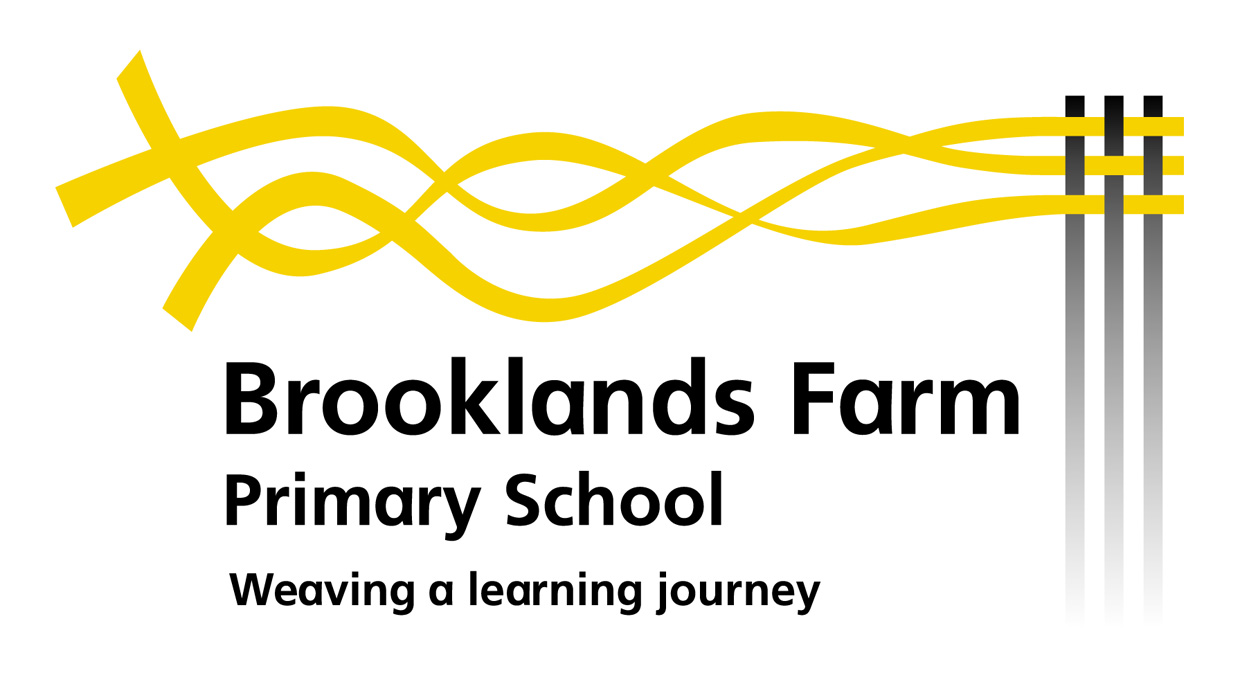Brooklands Farm Ethos
OPEN – hearts, minds, eyes,ears, dialogue
GROW – talents, mindsets, skills, knowledge, relationships
BELIEVE – I can, We can, You can
- We believe in trust, honesty, reciprocity – built over time in practical ways
- We believe that listening is crucial for inclusion and equality
- We believe in ‘social entrepreneurial-ism’ – people in partnership find solutions and together our community will build an amazing school.
- We build on things that work and measure the process.
- Our school believes in transparency and accountability.
Our pledge to Children
- We will ensure you feel that you belong.
- We will ensure you are happy, feel safe and love coming to school.
- We will build a healthy relationship with you so that we can both challenge and support you.
- We will listen to you and value your contribution and ensure you do the same for others.
- We will ensure you progress and thrive.
Our pledge to Parents
- You will know how we keep your children safe and secure.
- You will know how we ensure nobody is allowed to disrupt your child’s learning. You will equally know how your child is behaving towards others.
- You will know what attitude to learning your child displays in school so that you can support them at home.
- You will know what your child is learning and why and how best you can support the home school partnership.
- We will listen to you carefully.
- We will always understand that we are privileged to know your child for a short time, but you are the life time educator.
Our pledge to the Community
- We will know our community well.
- We will work alongside others to achieve excellence.
- We will ensure resources are used effectively.
- We will find new opportunities, ideas and thoughts.
Early Years – Our Vision
Each child is know well, valued and respected.
Children are busy, involved and committed to their learning, whether alongside an adult or learning independently.
Varied, enticing environments – both indoors and out – encourage independent, exploratory , playful learning.
Learning flows seamlessly from one area of learning to another and from indoors to out.
Children learn through the skilful, appropriate scaffolding of knowledgeable adults
Children’s experiences are planned daily as a result of careful and attentive observations of their learning
Staff are lifelong learners, dedicated to children’s learning and open to new ideas
Parents are respected as joint educators throughout their time in the Foundation Stage
Beliefs
Young children need to be in control of the own learning for much of the time (Piaget; Isaacs; Claxton; Bredekamp; Tassonni)
Children’s learning should be active and exploratory (Piaget; Montessori; Isaacs;)
Children need long periods of uninterrupted time to learn through play (Piaget; Bruce; Moyles; Paley; Broadhead; Wood)
Children need plenty of opportunities to revisit and consolidate skills and understanding as well as to meet what is new (Bruner; Hohmann (High/Scope); Fisher)
Children learn in different and beneficial ways by spending a good deal of time outdoors (Bilton; White; Tovey)
Young children’s learning and development is most secure when they form positive relationships with their educators and when they have self confidence and a positive mindset (Maslow; Dweck ; Laevers; Roberts; Dowling)
Children need knowledgeable and skillful others to stimulate and scaffold their learning (Vygotsky; Bruner; Rogoff; Bandura)
Interactions with others are crucial to maximise learning and to lead to higher order thinking (Vygotsky; Piaget (peers); Mercer; Malaguzzi; Fisher)
Young learners need opportunities to review and think about and talk about their own learning (Bruner; Black & Williams; Hohmann)
Principles
Children are confident and competent learners from birth
Children learn by exploring and making sense of the world in their own self-directed ways
Children also learn a great deal from more experienced and expert others
Play is the most natural and motivating way in which young children learn
Even when children learn independently they enjoy talking and showing things to an adult and often have their thinking extended by sensitive interactions with more knowledgeable others
Children need plenty of opportunities to consolidate their learning as well as being introduced to things that are new, interesting and thought-provoking
Children learn a great deal from making (and rectifying) mistakes in secure environments that encourage ‘having a go’
Children learn by talking – to themselves, to their peers and to adults

